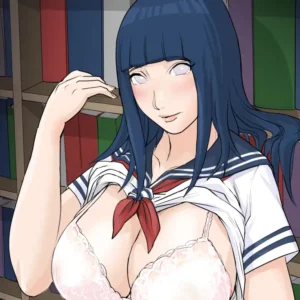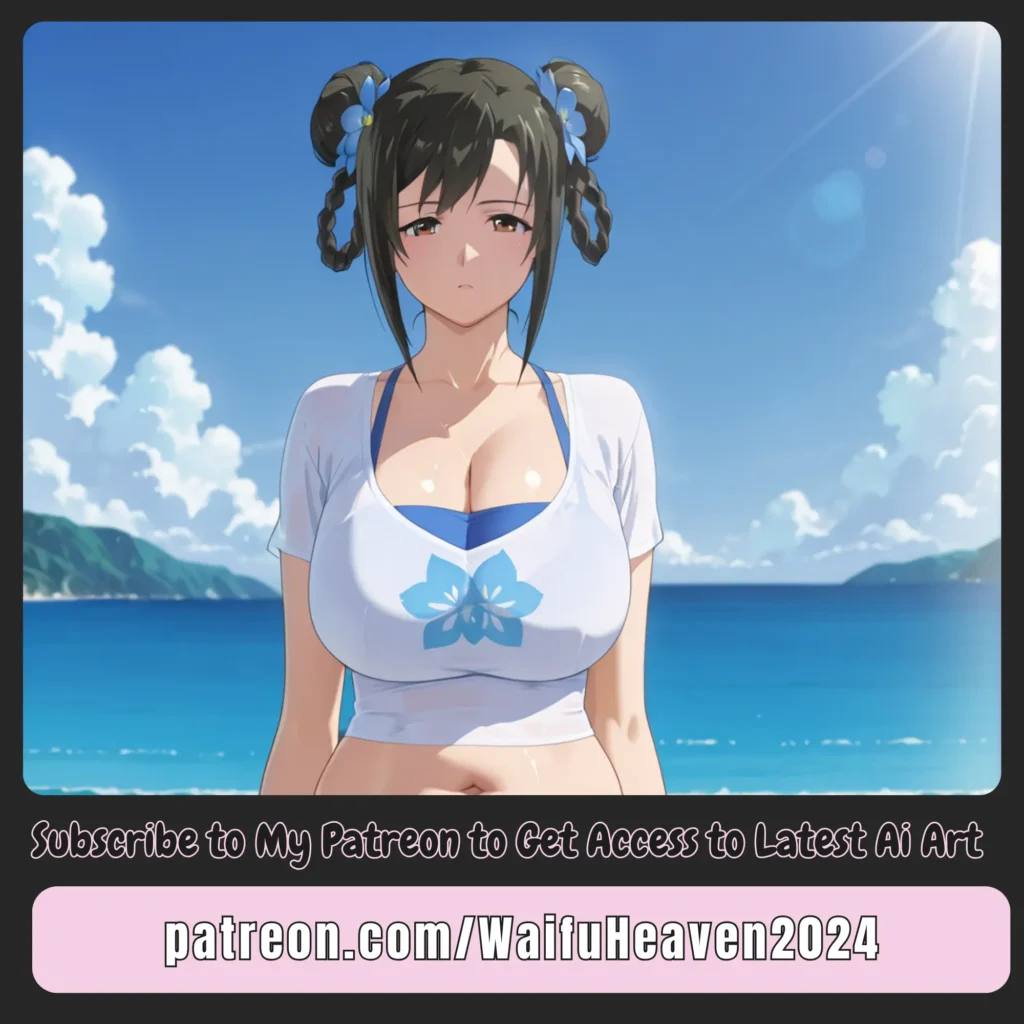Attack on Titan is a popular Japanese manga and anime series that has captivated millions of fans around the world with its thrilling story, complex characters, and stunning visuals. But beyond the surface level of action and horror, Attack on Titan also explores a variety of deep and meaningful themes that reflect the human condition and the challenges of living in a cruel and chaotic world. In this article, we will examine some of the underlying themes of the Attack on Titan universe and how they relate to our own reality.
Table of Contents
Classism
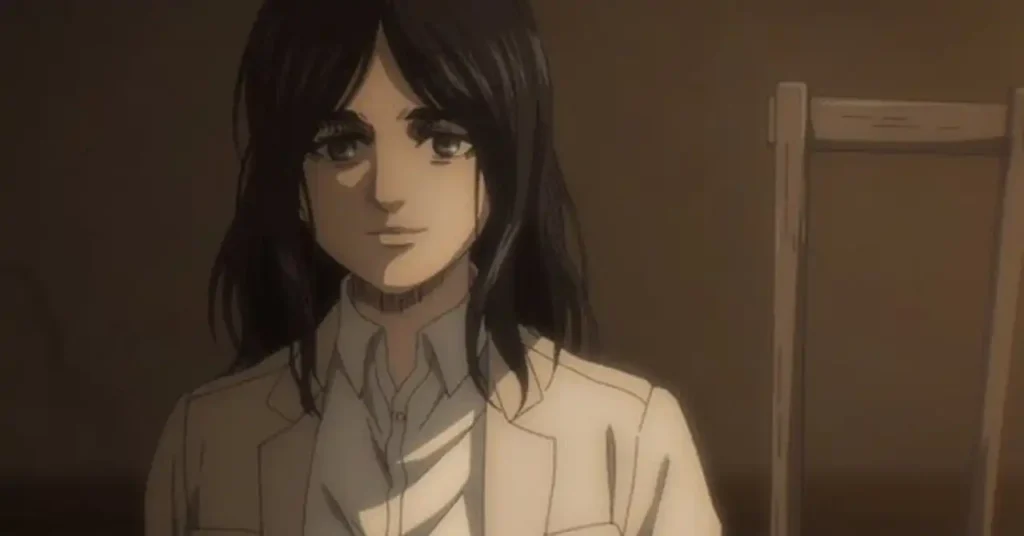
One of the most prominent themes in Attack on Titan is classism, or the social inequality based on one’s economic status, power, or privilege. In the series, humanity is divided into three concentric walls: Wall Maria, Wall Rose, and Wall Sina. The people living within Wall Sina are the wealthiest and most influential, while the people living in Wall Maria are the poorest and most vulnerable.
The king and the nobles reside in the innermost district of Wall Sina, enjoying a lavish and comfortable lifestyle, while the commoners and the refugees suffer from poverty, hunger, and oppression. The king and the nobles also control the information and the resources of the society, manipulating the masses with propaganda and lies.
Secrets of Suicide Squad Isekai: Anime’s Major Reveal Stream Date and Details
Boro Mastering the Flying Raijin Jutsu? : Mystery Behind Flying Raijin Jutsu
The classism in Attack on Titan mirrors the real-world phenomenon of social stratification, where people are ranked and categorized based on their wealth, education, occupation, or other factors. Social stratification often leads to social injustice, discrimination, and exploitation, as the dominant groups use their power and influence to maintain their status and privileges, while the subordinate groups struggle to survive and improve their conditions.
Social stratification also affects one’s opportunities, choices, and outcomes in life, creating a gap between the rich and the poor, the powerful and the powerless, the privileged and the marginalized.
The hardships of success
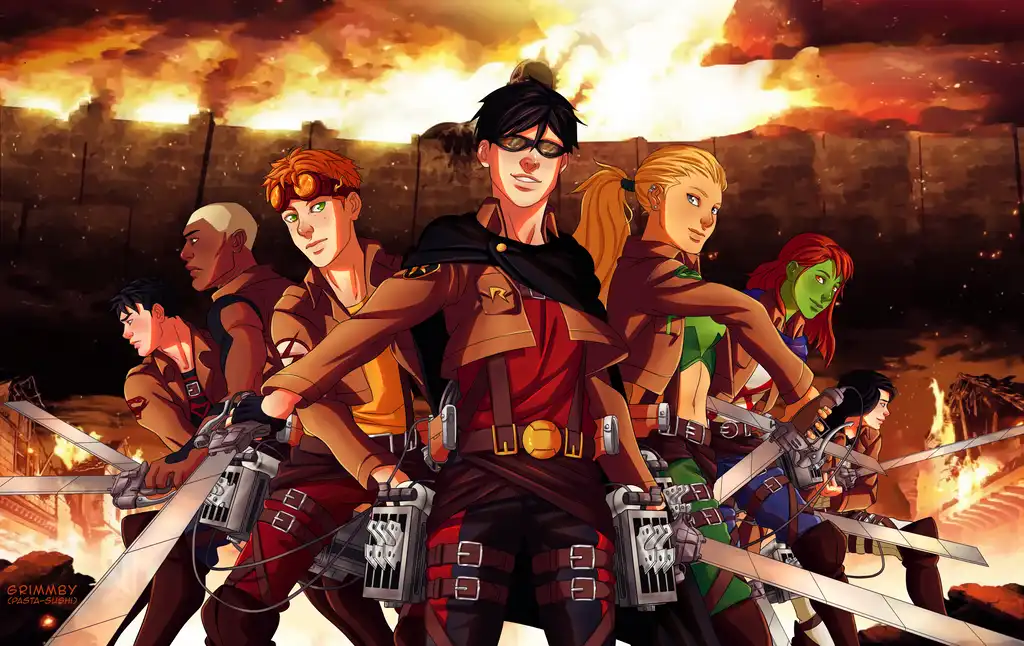
Another theme in Attack on Titan is the hardships of success, or the difficulties and sacrifices that one has to endure in order to achieve one’s goals and dreams. The protagonist of Attack on Titan, Eren Yeager, had one major goal: to kill all titans and free humanity from their terror.
To pursue this goal, he joined the Survey Corps, the military branch that ventures outside the walls to fight the titans and explore the outside world. However, along the way, he faced many obstacles, challenges, and losses that tested his resolve and morality. He had to witness the deaths of his comrades, friends, and family, as well as the destruction of his hometown.
He also had to deal with the revelation that he himself was a titan, and that there were other humans who could transform into titans and were enemies of humanity. He also had to cope with the burden of carrying the Founding Titan, the most powerful titan that could control all other titans and alter the memories of the people.
What If Eren WON? – Attack on Titans Alternate Ending Revealed
Secrets Behind Hashirama Senju Death – What Really Happened to the First Hokage?
The hardships of success in Attack on Titan reflect the real-world reality that success is not easy and often comes at a price. Success requires hard work, dedication, perseverance, and sometimes, sacrifice. Success also entails risks, uncertainties, and responsibilities that can be overwhelming and stressful. Success can also change one’s personality, values, and relationships, sometimes for the worse. Success can also be elusive and fleeting, as there are always new challenges and competitors that can threaten one’s position and achievements.
Dealing with loss
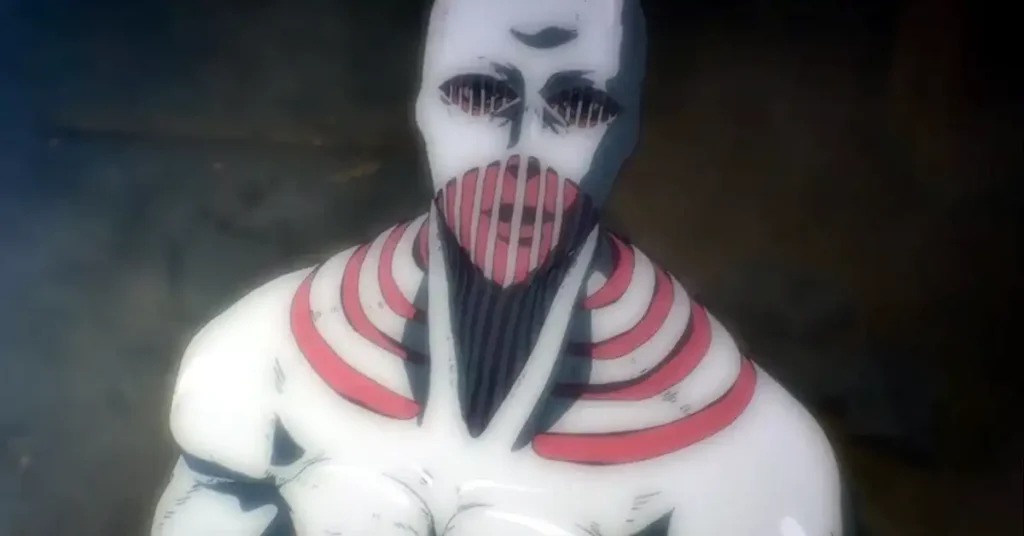
A third theme in Attack on Titan is dealing with loss, or the process of coping with the death or departure of someone or something that one cares about. In the series, death is a constant and inevitable occurrence, as the characters face the threat of the titans and the war among humans. Many characters lose their loved ones, their comrades, their homes, or their hopes, and have to deal with the grief, anger, guilt, or despair that follows.
Some characters try to cope with their loss by seeking revenge, such as Eren, who vowed to kill all titans after witnessing his mother’s death. Some characters try to cope with their loss by finding a new purpose, such as Armin, who inherited the Colossal Titan and the dream of seeing the ocean from his friend Erwin. Some characters try to cope with their loss by accepting the reality and moving on, such as Mikasa, who realized that she had to let go of Eren and live for herself.
My Favorite 2023 Anime Movies That You Must Watch!
The 5 Best Isekai Anime of 2023 That You Need to Watch
The theme of dealing with loss in Attack on Titan resonates with the real-world experience of bereavement, or the state of sorrow over the death or departure of a loved one. Bereavement is a universal and natural human response, but it can also be a complex and challenging one. Bereavement can affect one’s physical, mental, emotional, and social well-being, and can last for a long time.
Bereavement can also vary depending on the nature, cause, and circumstances of the loss, as well as the individual’s personality, culture, and coping skills. Bereavement can also trigger other issues, such as depression, anxiety, trauma, or substance abuse. Bereavement can also be a source of growth, learning, and transformation, as one can gain new insights, perspectives, and strengths from the experience.
FAQs: Underlying Themes of The Attack on Titan Universe
Q: What is the main message of Attack on Titan?
Attack on Titan does not have a single or definitive message, but rather, it explores various themes and questions that invite the viewers to think and reflect on their own. Some of the possible messages of Attack on Titan are:
->The importance of freedom and fighting for one’s rights and dignity
->The complexity and ambiguity of morality and justice
->The consequences and costs of war and violence
->The value and meaning of life and death
->The power and danger of knowledge and secrets
->The role and influence of history and memory
->The diversity and unity of humanity and nature
Q: Is Attack on Titan based on a true story?
No, Attack on Titan is not based on a true story, but rather, it is a fictional and fantastical story that draws inspiration from various historical, cultural, and mythological sources. Some of the influences of Attack on Titan are:
->The Norse mythology of Ymir, the first being and the ancestor of the giants
->The Germanic folklore of the Nibelungen, a race of dwarves who possessed a powerful treasure
->The Jewish legend of the Golem, a clay creature that can be animated by magic
->The European history of the World Wars, the Holocaust, and the colonialism
->The Japanese history of the Meiji Restoration, the Pacific War, and the isolationism
->The scientific theories of evolution, genetics, and biotechnology
Q: Who are the good guys and the bad guys in Attack on Titan?
Attack on Titan does not have clear-cut good guys and bad guys, but rather, it portrays the characters as complex and flawed human beings who have their own motives, beliefs, and emotions. The series shows that there is no absolute right or wrong, but rather, there are different perspectives and interests that can clash or align with each other. The series also shows that the characters can change and grow over time, sometimes for the better, sometimes for the worse. The series also shows that the characters can have both positive and negative traits, and can perform both heroic and villainous actions. Therefore, the viewers are encouraged to form their own opinions and judgments about the characters, rather than relying on a simple or binary classification.


